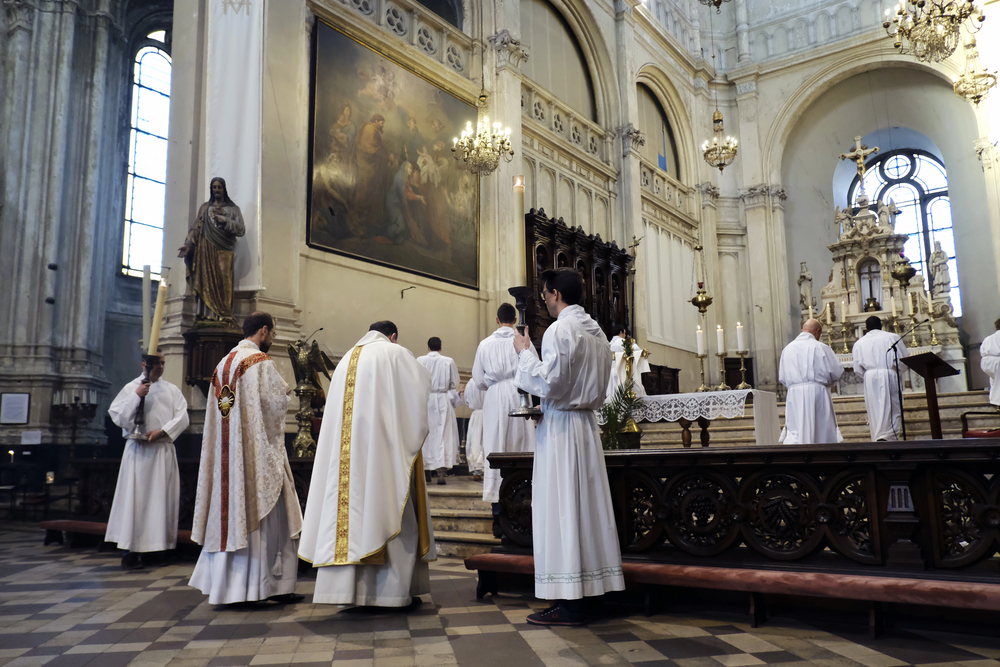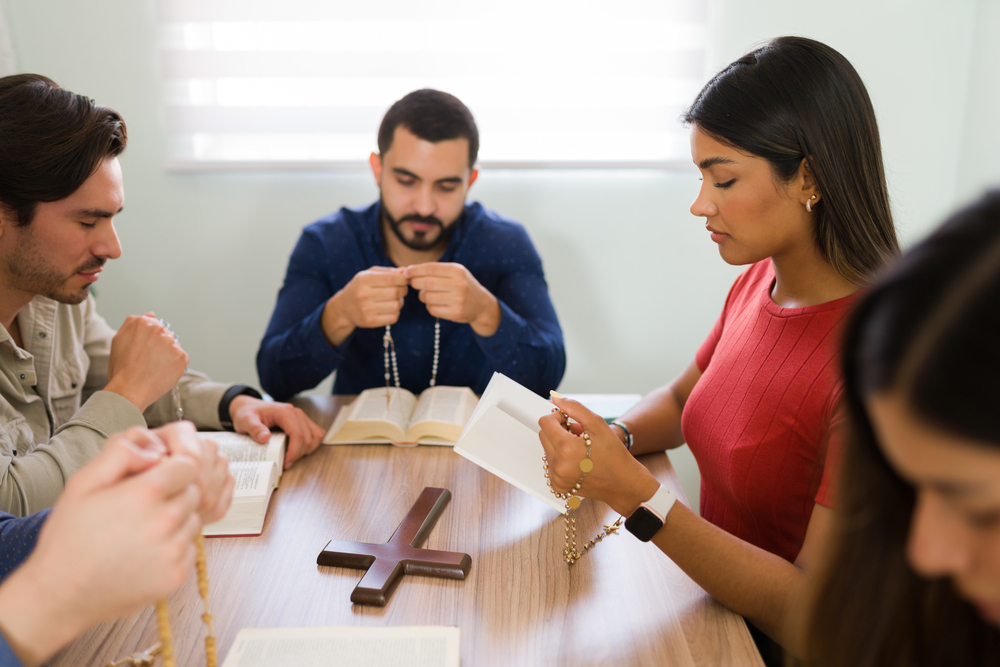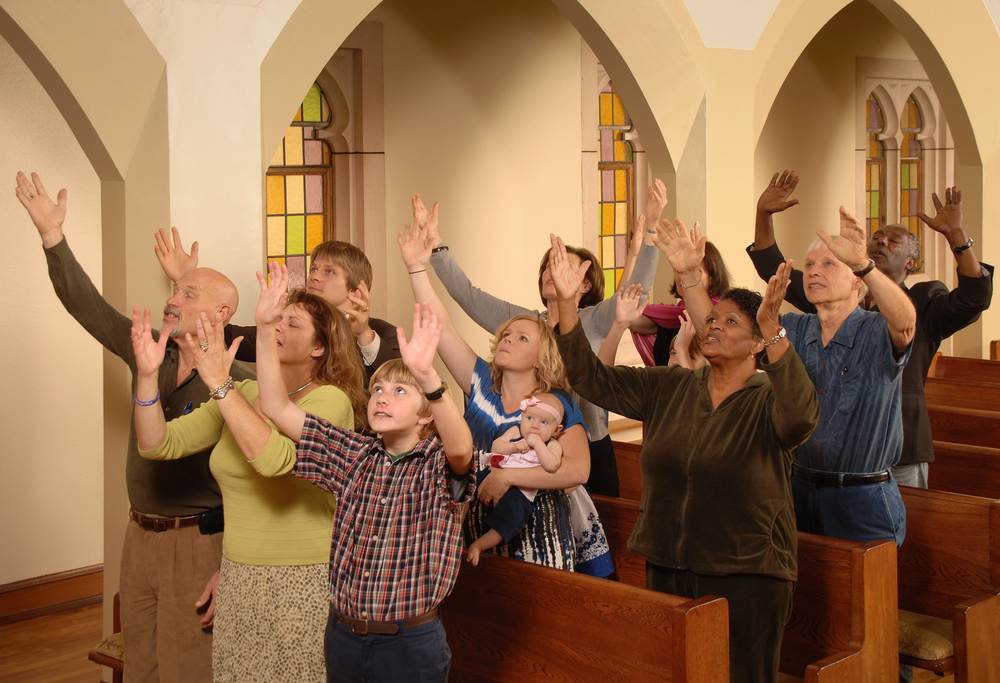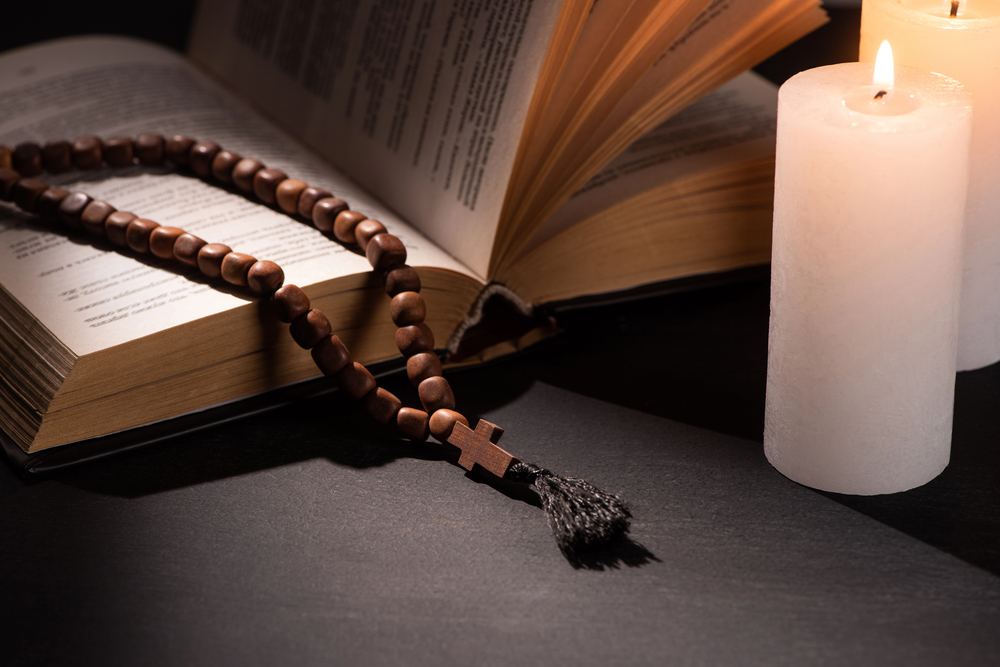
Let’s be real: putting all Christians in one bucket is as old-fashioned as dial-up. Christianity is a much more vibrant, layered, and fascinating world than the worn-out stereotypes circulating. For anyone who’s ever questioned whether all Christians are the same, judgmental, or behind the times, it’s time to dig a little deeper and find out what’s really happening behind the label.

This isn’t about clearing up the record, it’s about building bridges, tearing down walls, and celebrating the wild, wonderful diversity that exists among Christian communities. From science-minded believers to denominations you’ve never even heard of, here are seven facts that will make you rethink everything you ever thought you knew about Christianity.

1. Christianity Is a Tapestry of Denominations and Traditions
If you believe all Christians worship alike or share the same beliefs, think again. Christianity is a world mosaic, with more than 45,000 different denominations globally, according to recent studies. From the incense-filled rites of Eastern Orthodoxy to the dynamic praise of Pentecostal churches, there’s a dizzying diversity of practices, music, and theology.
The diversity isn’t superficial. Denominations such as Roman Catholicism, Eastern Orthodoxy, and Protestantism (which breaks off further into Lutherans, Baptists, Methodists, and so on) each have distinct histories and doctrines. As historian Marko Marina describes, “Christianity was built on the principle of inclusivity, intended to transcend borders, ethnicities, and social divides.” That’s code for there being no one “Christian experience”, and that’s precisely why it’s so compelling.

2. Christians Don’t All Interpret the Bible Literally
Forget the notion that all Christians read the Bible literally as a set of inflexible rules. Many read scripture with a sense of wonder, context, and an openness to pose difficult questions. Some view the Bible as a mixture of poetry, allegory, and history, and take years to learn about its cultural and linguistic origins. This variety of interpretation is what sparks lively discussions and new insights within churches and communities.
By Christian leaders’ belief, grappling with the Bible more often than not requires “excavating its cultural and linguistic history, resulting in rich and varied interpretations rather than literalistic rigidity.” This kind of engagement encourages dialogue, not mere obedience, and keeps religion alive and growing.

3. Science and Faith Are Not Enemies
That old science-vs-faith fight? It’s far more complicated than you could ever imagine. There are plenty of doctors, engineers, and scientists who are Christians who view science as a means of making the world a better place to understand and even the Creator themselves. As one article suggests, “Most Christians highly value the contributions of Science!” and view no conflict in studying the universe and believing in a Creator.
Numerous Christian communities actively encourage scientific education and research, and some of the greatest scientists in the world have been religious people. The conflict between science and religion is less one of incompatibility than of interpretation, and for a lot of people, curiosity is a spiritual virtue.

4. Christians Don’t Have Perfect Lives And They Don’t Pretend To
It’s simple to believe that faith means a life free of drama, but that is not life. Christians experience heartbreak, loss, and uncertainty just like everyone else. What distinguished many was the manner by which they employed faith as a construct for handling life’s messiness. As Rick Warren puts it, “Jesus did not die on the cross just so we could live comfortable, well-adjusted lives. His purpose is far deeper: He wants to make us like himself before he takes us to heaven.”
For most people, faith is not about avoiding problems, it’s about discovering hope and strength in the midst of them. The path is messy, and that is just fine. The goal is not perfection, but growth and progress.

5. Christians Enjoy Fun, Creativity, and Joy
The Christian stereotype as being fun-phobic couldn’t be more wrong. Denomination to denomination, Christians mark life as an occasion for music, art, sports, and laughter. “We have found that our friendships, marriages, and appreciation of life have grown because of our joy in knowing Him,” states a Christian blogger.
From block parties to marathon game nights, religion is frequently the impetus for bonding and imagination. Churches often promote hobbies, overseas travel, and exploration, viewing these as means of enjoying the world’s beauty and goodness. That is, religion isn’t a hindrance to enjoyment; it’s frequently what triggers it.

6. Christians Are Not a Political Monolith
It’s easy to think that all Christians vote similarly or share the same views on contentious issues. The reality, however, is that the Christian populace is politically diverse, with believers on each end of the spectrum. Their faith and values are shared, but widely differing interpretations exist on issues of social justice, economics, and the environment.
As one analysis points out, “Christianity is a multifaceted faith with adherents from all walks of life, cultures, and beliefs. There are liberal Christians, progressive Christians, and even Christian communities that emphasize social justice and activism.” So, the next time you encounter someone who calls themselves Christian, don’t assume you know where they stand politically.

7. Christianity Is Active in Interfaith Dialogue and Social Good
In the multifaith world of today, interfaith dialogue is led by many Christians as they strive to create understanding and address common challenges. From local food banks and relief efforts around the globe, Christian organizations are frequently leading the humanitarian efforts, driven by a sense of their duty to love their neighbors.
As the World Council of Churches guidelines describe, “Dialogue is a mode of living in relationship with neighbours. This in no sense precludes or diminishes our Christian duty to witness, since partners approach dialogue with their own commitments.” The aim is not to obliterate diversity, but to bring about mutual respect, understanding, and functional cooperation.

When we talk about Christianity, the reality is a thousand times more dynamic and diverse than any stereotype can hope to capture. Whether it’s the fracturing of denominations, the openness to science, or the focus on social good, Christians are constantly pushing against expectations, sometimes even their own. By looking past the stereotypes, there’s a whole universe of faith, curiosity, and connection waiting to be explored. And that’s worth celebrating, whoever you are.


